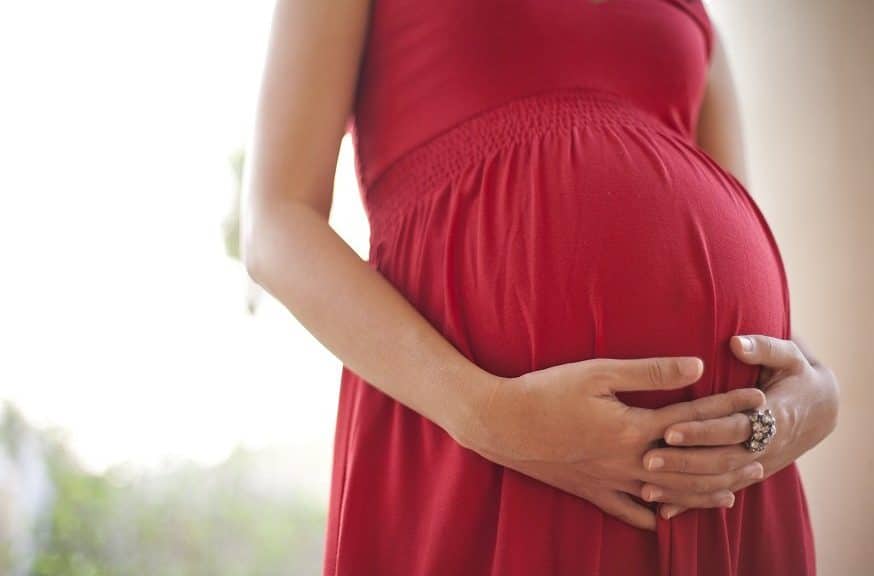Could DHEA provide a piece of the puzzle for infertile women?

A recent study by the University of Edinburgh has found that introducing DHEA to the lining of the womb doubles the level of a protein that directly affects how well fertilised eggs are implanted.
The research, published in the peer-reviewed journal Fertility and Sterility in February could potentially help scientists develop new treatments for infertility, especially for women nearing the end of their reproductive years.
Scientists made the discovery by testing donated tissue from the womb linings of women aged in their forties. The clinical trial found that levels of IGFBP1, PRL, and SPP1 proteins in the cells rose substantially approximately 8 days after introduction of DHEA.
Failure of fertilised eggs to implant in the lining of the womb is believed to be one of leading causes of infertility in women of any age.
In their conclusion the study authors suggest that, “…supplementation with DHEA may therefore represent a novel therapeutic strategy that could enhance fertility in women of advanced reproductive age.”
The study was funded by the University’s Medical Research Centre (MRC) for Inflammation Research and lead by Dr Douglas Gibson.
Dr Gibson was optimistic about the potential of DHEA for use in infertility however as reported by Science Daily, he said any treatment approved by drug administrators was still some way off.
“A fertilised egg will implant only if the conditions are just right and we were excited to see that DHEA and androgens might help improve this environment in cells,” Dr Gibson said, “The findings will help us develop studies for potential therapies but more research is needed before we can tell if this approach could be used to help women who are struggling to conceive.”
What is DHEA?
Dehydroepiandrosterone (DHEA) is an endogenous steroid hormone produced by the adrenal glands, brain and reproductive glands. Steroid hormones are responsible for metabolism, reproduction, and regulating inflammation and immune responses amongst other functions. DHEA in particular is associated with all those things we dreaded during puberty – hair growth, acne, body odour, and oil production in the hair and skin. Remember those?
We humans produce a lot of DHEA naturally, however that production starts to decrease as we age. Some theorise that the drop of DHEA levels in woman over 30 is one of the contributing factors in decreased fertility as women age, hence the University of Edinburgh study.
Source:
University of Edinburgh. “Fertility study finds hormone that could support early pregnancy: Scientists have identified a hormone that could help prepare the womb lining for pregnancy, research shows.” ScienceDaily. ScienceDaily, 21 February 2018. <www.sciencedaily.com/releases/2018/02/180221122506.htm>.
